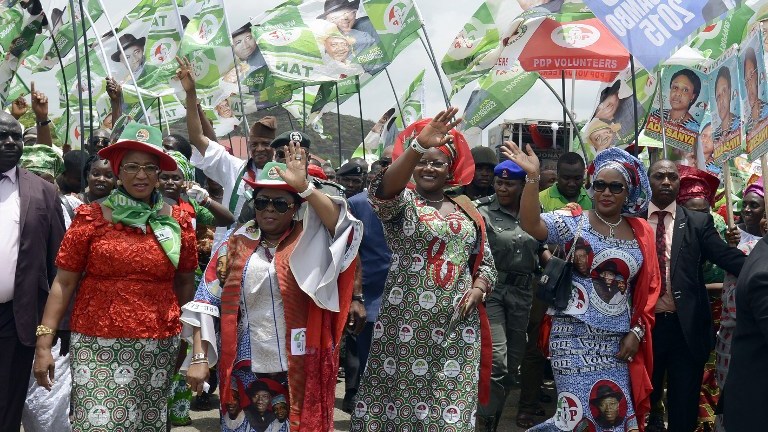
Women’s Day:IPC Makes Case For Deliberate Inclusion Of Women In Governance
As the world marks the 2019 International Women’s Day, the International Press Centre (IPC) Lagos has enjoined stakeholders to consolidate efforts in ensuring that women are engendered into democratic governance, especially drawing from the fallout of the outcomes of the 2019 elections which saw many women unable to clinch elective positions.
According to a statement by IPC in commemoration of the 2019 edition of the International Women’s Day with the theme #BalanceforBetter, the IPC Director, Mr. Lanre Arogundade, said it was imperative that Nigerian women, who accounted for about 47 per cent (39,598,645 million) of the 84,004.084 million registered voters nationwide are adequately mainstreamed into governance structure to give them adequate representation and balancing of the affairs of governance, especially as the preliminary outcomes from the February 23, 2019 National Assembly elections indicates that very few women were elected.
“It is saddening that the outcome of the February 23 national assembly elections has shown that the women have lost out, in increasing their tally in the National Assembly. Against the present eight National Assembly which has a combined membership of 469, consisting of eight female senators and 15 female House members, it is worrisome that the ninth National Assembly to be inaugurated in June, will only have six female senators-elect and 13 female House members-elect.
This is not too good for a robust and gender friendly legislative process. We are therefore calling on stakeholders to galvanize actions to engender women in appointive positions even as it is hoped that the electorates would be disposed to vote women in the March 9 governorship and state assembly elections”, Arogundade noted.
“There is no better time to ensure gender inclusion than now, as women continue to face all forms of discrimination and challenges in their quest to contribute their quota to the development of society. It is hoped that in view of this year’s theme, #BalanceforBetter, there would be greater consolidation of efforts by stakeholders to ensure that women have priority considerations in appointive positions, so that they are not left behind and are able to contribute their quota in the schemes of affairs of our democratic and social polity” Arogundade said.



